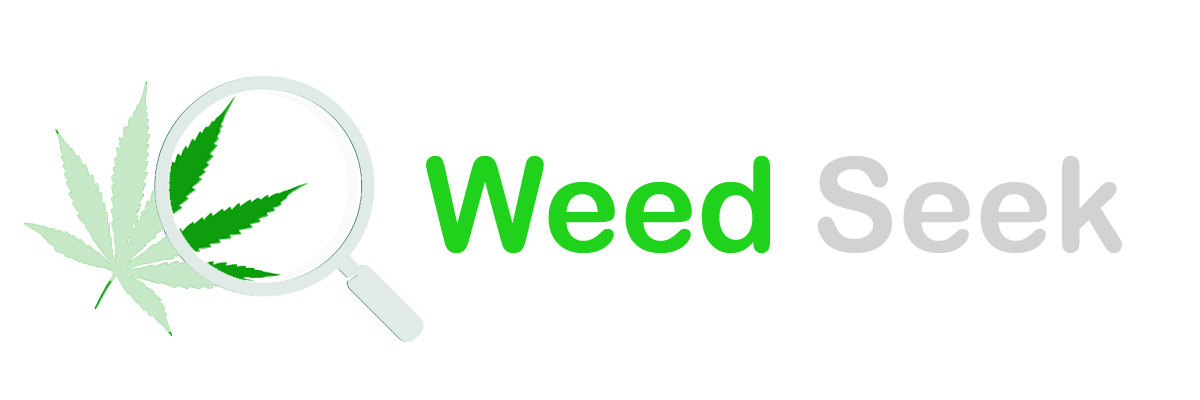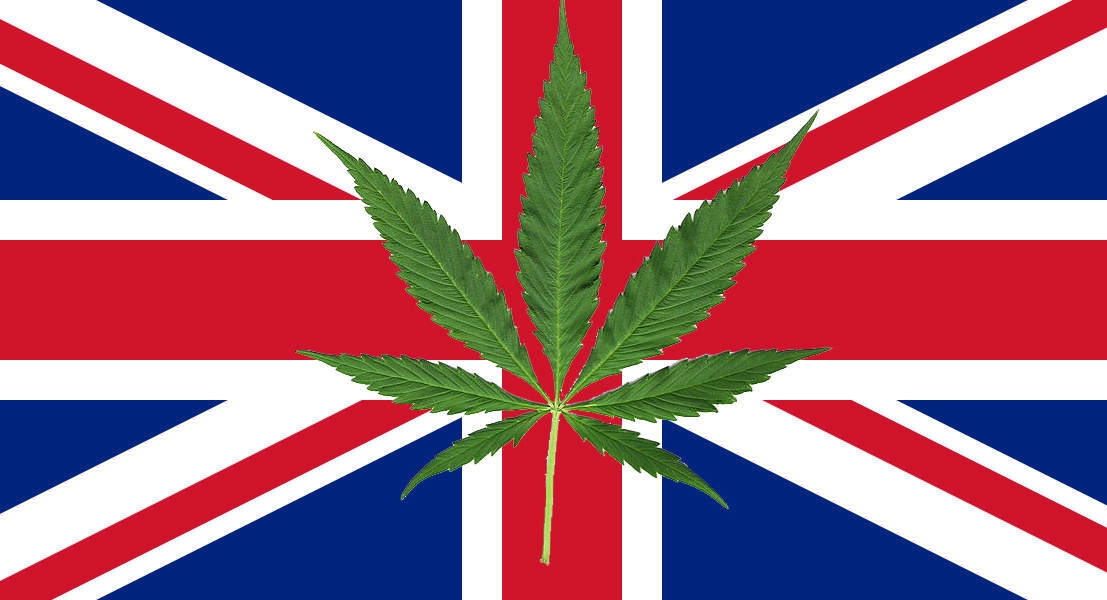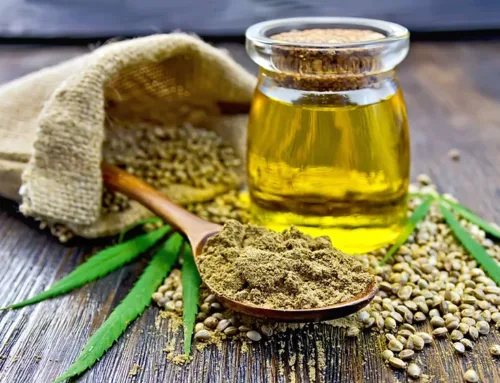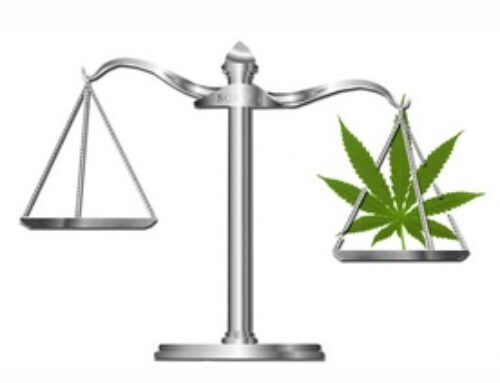The cannabis plant is host to a number of cannabinoids, the two most heard about are THC and CBD. THC is the psychotic part of the plant, in industrial hemp the THC content isrelatively low and in Europe levels of 0.2% THC are legal, (0.2% THC will notproduce any psychotic effect, some strains of marijuana can have 20% THC ormore). CBD content is not controlled.
On 1stNovember 2018 medical use of marijuana was legalised in the UK, this came about after the cases of two children (Billy Cardwell, 12 and Alfie Dingley 6), who suffered from epilepsy were administered cannabis and benefitted immensely from this treatment, initially, they weren’t allowed to continue their treatment in the UK, which led to a shift in public opinion in favour of allowing the prescription of cannabis in certain cases. These are described as for patients with“exceptional clinical need”, so on 1st November 2018, cannabis was moved from a schedule 1 drug to schedule 2. The cannabis oil which had been confiscated from Billy Caldwell was hence returned.
Currently the UKpermits two cannabis products to be prescribed, Nabilone which is a synthetic cannabinoid, and Sativex. These drugs are used essentially for MS sufferers and to ease the complications caused by chemotherapy.
Medicaluse of cannabis was legalised in the UK on 1 November 2018 after the cases of two epilectic children who benefitted from using cannabis brought increased public attention to the issue. The children (BillyCaldwell, 12, and Alfie Dingley, 6) both experienced significant improvement in their conditions after they began using cannabis – but were initially not allowed to continue their treatment under UK law This led to increased public outcry, particularly in the case of Billy Caldwell who was hospitalised with life-threatening seizures after his medication was confiscated by authorities. On 20 June 2018, Health Secretary Jeremy Hunt announced his support for the medical use of cannabis and that a review would be undertaken to study changes to the law. On 26 July 2018, Home Secretary Sajid David announced that cannabis products would be made legal for patients with an “exceptional clinical need”, and that cannabis would be moved from a Schedule I classification to Schedule 2. The date for this policy to go into effect was later set at 1 November 2018. Apart from asynthetic cannabinoid called Nabilone, the only other cannabis-based medicine licensed for medical prescription in the UK is Sativex. This medication can be prescribed by a doctor to treat nausea and vomiting caused by cytotoxic chemotherapy; thelatter is indicated only for the treatment of spasticity caused by the degenerative, incurable and rare neurological-conditmultiple sclerosis. For other symptoms approval needs to be first sought from the relevant health authorities in the UK.







